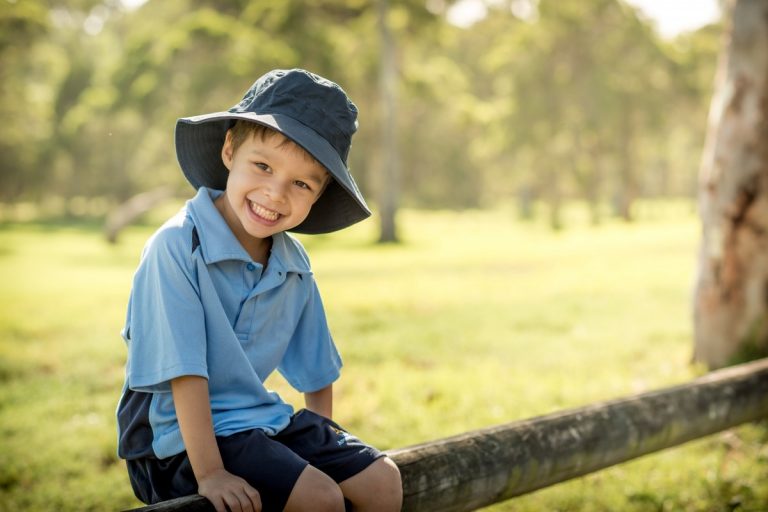
Australia is a nation built on immigration. As anywhere, a major hurdle new migrants must overcome to succeed is learning the national language – English.
According to national school testing, it appears the children of migrants are excelling in this regard.
The results of Australia’s NAPLAN (National Assessment Program – Literacy and Numeracy) testing for 2017 showed that children from non-English speaking migrant backgrounds across most states outdid their peers in English language proficiency, for whose parents it is the native tongue.
Those from a language background other than English (LBOTE) received markedly higher marks in reading, writing and spelling in almost all of the country’s states and territories: New South Wales, Victoria, Queensland, Western Australia, South Australia and the Australian Capital Territory.
“Hundreds of children begin their first year of primary school in Australia speaking limited English, and in some cases no English at all,” according to ABC News.
The test results from last year, however, show that hardly holds them back. In many cases, by Grade 3, they are outperforming their native English-speaking peers.
In Australia’s largest state New South Wales, for example, LBOTE students’ mean scale for spelling was 452.2 compared to 412.9 for non-LBOTE students – a difference of 40 points. Nationally, they had a higher mean scale score by 31 points.
“It is a truism that the earlier in life you learn a language, the better you will be at it. Young minds are absorbent. Reflect on your own kids when they’re two or three, and the marvellous rate at which they pick up words,” wrote columnist David Penberthy.

Those from LBOTE received markedly higher marks in reading, writing and spelling in almost all of the country’s states and territories. Source: Shutterstock
“My hunch is that Anglo-Australian kids are suffering from a whole bunch of negative linguistic influences which can be summed up as a general lack of vigilance or care about the state of the English language.”
Professor Ghil’ad Zuckermann from the University of Adelaide told SBS News that bilingualism was the key to LBOTE students’ success.
“We have more and more evidence that being natively bilingual actually results in mental empowerment, in health empowerment and in education empowerment when it comes to learning another language, or another system,” he said.
The University of Queensland’s Dr Susan Creagh, however, warned that “at the other end of the distribution of scores, you have a very hidden group of students who have very high learning needs.”
Those who had achieved highly were generally “coming from very good education systems or may have had a considerable amount of education in Australia.”
Liked this? Then you’ll love…
Poetry empowers students, boosts English marks in Western Sydney
Employers say Australian universities are producing work-ready graduates







